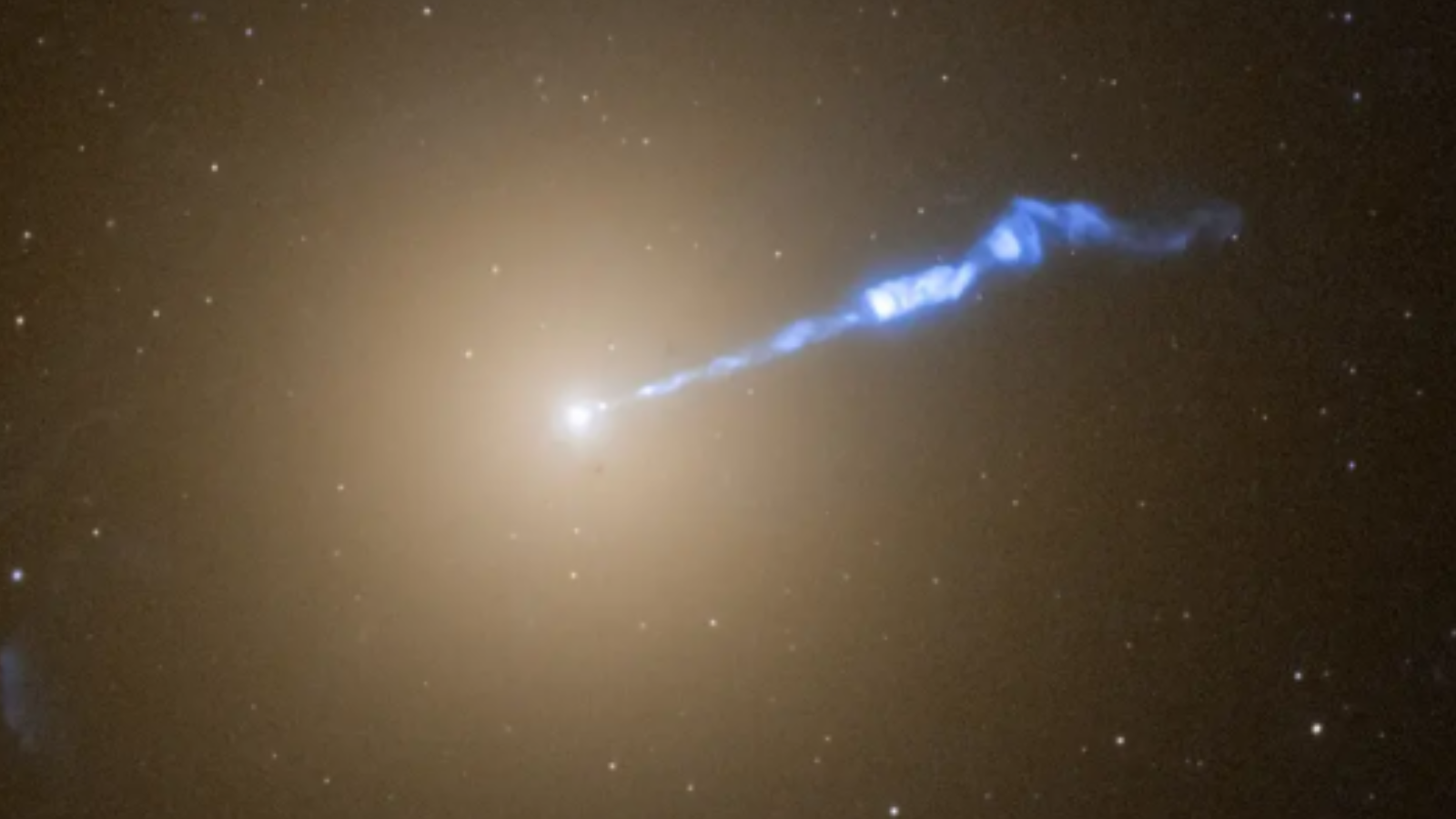NASA May Partially Abandon Space Station
WASHINGTON - NASA may have to partially abandon the International Space Station if the Bush administration can't figure a way around a law that prevents the United States from paying Russia for future flights to the orbiting outpost.
"If we don't have (an) agreement with the Russians, then we won't be able to have people in space for long periods of time," said U.S. Rep. Sherwood Boehlert, R-N.Y., chairman of the House Science Committee.
Boehlert said he and other congressional leaders want a new agreement for more Russian Soyuz flights, but not if it means backing down on concerns that Russia may be passing along weapons secrets to Iran.
The Iran Nonproliferation Act bans U.S. payments to Russia for services related to the $100 billion international station unless the president confirms Russia is working to prevent its scientists and engineers from passing weapons technology to Iran.
Exempted from the 2000 ban were 11 flights of the Russian-built Soyuz spacecraft to and from the station.
The three-person Russian capsules have been the only way for the U.S. to rotate astronauts aboard the $60 billion station since the shuttle Columbia disaster in February 2003. And, for the life of the station program, the Soyuz has been the only escape system for the crew.
The last of the exempted 11 Soyuz flights to carry a U.S. astronaut launches in September and returns in April 2006.
Breaking space news, the latest updates on rocket launches, skywatching events and more!
After that, NASA must rely on its shuttles to transport astronauts to the research vessel. But the astronauts won't be able to remain for extended periods because NASA safety rules demand they have access to a "lifeboat" for emergency escape.
Under normal circumstances, a shuttle stays in orbit about two weeks. The Soyuz can dock to the station for six months. Plus, the shuttle is to retire in 2010 and, while NASA is working to speed development of a replacement vehicle, it's too soon to tell if it will be ready to start flying astronauts to and from the space station at that time.
The possibility that U.S. astronauts could not fly long-duration missions on the station could impact the initiative to send astronauts to the moon and Mars. NASA is counting on testing long-term impact of space flight on humans -- a key hurdle to flights to Mars or long stays at a lunar base -- aboard the space station.
Congressional leaders have pressured the administration to come up with a solution that will allow the U.S. to continue buying seats on Russian spaceships while maintaining a hard line on weapons proliferation.
NASA and Bush administration officials declined to discuss in detail how they plan to get around the ban on buying more space services from Russia.
At a recent Capitol Hill hearing, a top NASA official said the Bush administration won't seek a waiver from the ban, but will offer some other proposal.
"There are probably other ways where we can extract the International Space Station from the legislation," NASA Deputy Administrator Fred Gregory said. "I cannot tell you at this point how it will be presented, but I would anticipate very soon that we will engage."
Published under license from FLORIDA TODAY. Copyright © 2005 FLORIDA TODAY. No portion of this material may be reproduced in any way without the written consent of FLORIDA TODAY.
Larry is a former contributing writer for Space.com who covered Human Spaceflight and Space Exploration. Since then he's been an award-winning editor and reporter with more than 30 years experience covering Congress, federal agencies, elections, health policy, and national issues spanning all topics from the environment to NASA. He has strong management experience leading editorial and production units including work on monthly publication of the nation’s leading peer-reviewed health policy journal across print, online and mobile platforms.
